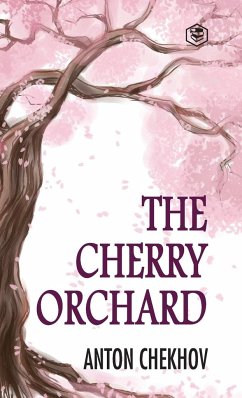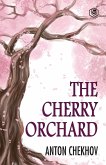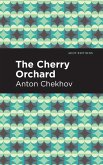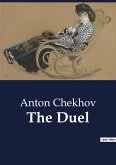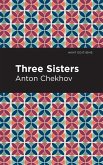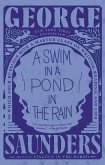The Cherry Orchard is the last play by Russian playwright Anton Chekhov Written in 1903. The play revolves around an aristocratic Russian land-owner who returns to her family estate (which includes a large and well-known cherry orchard) just before it is auctioned to pay the mortgage. Unresponsive to offers to save the estate, she allows its sale to the son of a former serf; the family leaves to the sound of the cherry orchard being cut down. The story presents themes of cultural futility both the futile attempts of the aristocracy to maintain its status and of the bourgeoisie to find meaning in its new-found materialism.
Bitte wählen Sie Ihr Anliegen aus.
Rechnungen
Retourenschein anfordern
Bestellstatus
Storno

